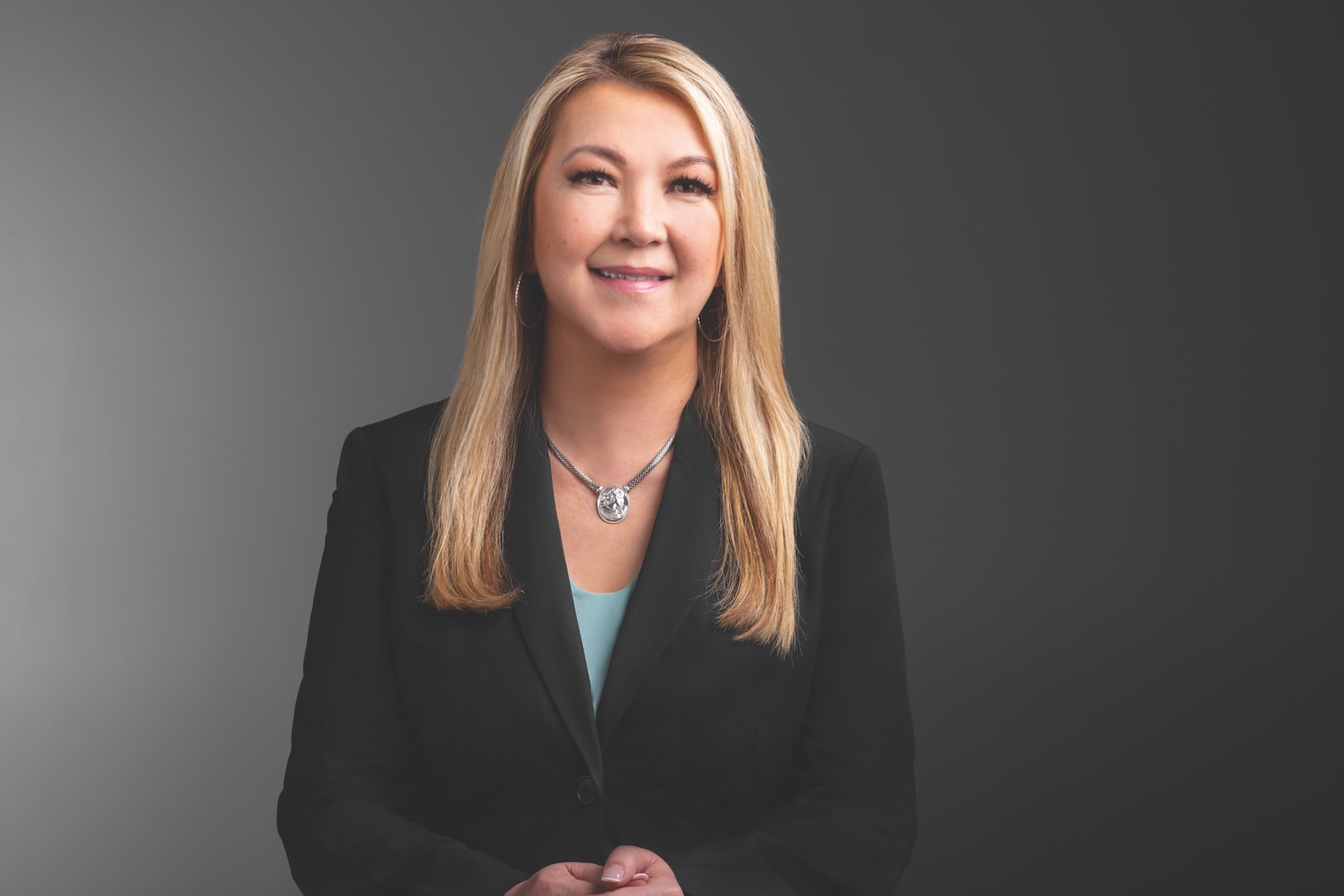The volume of investment sales have slowed in Greater Reno-Sparks recently. However, a recent deal was completed on a Taco Bell in Sparks.
Investment sales in Greater Reno-Sparks typically average about $600 million per quarter among all classes of commercial real estate. However, the high cost of capital, along with more stringent equity requirements for obtaining commercial financing, has slashed deal volume in the Truckee Meadows.
Investment sales spiked from a paltry $187 million in the first quarter of 2024 to $314 million in the second, but it’s still relatively subdued overall, said Aiman Noursoultanova, senior vice president of the investment properties group at the Reno office of commercial brokerage CBRE.
Historically, Northern Nevada is a target for 1031 exchange capital from out-of-state investors – mainly from California – who sought to redeploy proceeds from the sale of investment properties in a growing tertiary market. Those deals have all but come to a standstill, Noursoultanova told NNBW.
“1031 exchanges used to be a huge driver for private capital (deals under $20 million),” she said. “But a lot of our private capital comes from coastal areas such as the Bay Area and Southern California, and there’s not a lot of transactional activity happening (in those markets).”
High interest rates, which adversely affect the cost of borrowing, are a primary factor in the reduced transaction volume among investment properties. Investors used to be able to obtain bank financing if they could come up with 20 to 25 percent cash equity, but investors now must put up as much as 50 percent of the property’s cost in order to obtain financing.
“That’s a lot more cash going into that position, and on top of that, interest rates have doubled,” Noursoultanova said. “In Q2 they were in the high 7 percent range.
“A lot of sellers are still asking for 5 and 6 percent cap rates, but if the cost of capital is 7.75 and you are putting 50 percent down, you are in negative cash flow for the first four years. The math just doesn't add up.”
Noursoultanova said the sweet spot for investment sales in Northern Nevada is deals in the $8 to $50 million range, but that business has been missing for the past four quarters. Sellers are beginning to readjust pricing to align with current market conditions, she added, and lenders are softening their stance on loosen loan-to-value requirements.
Deal volume, however, is expected to remain stagnant until mid- to late-2025, Noursoultanova said. Investors are awaiting potential interest rate cuts when the Federal Open Market Committee meets in September and December.
 Ben Nelson
Ben Nelson
“You can see investors starting to position themselves for the right acquisitions,” Noursoultanova said. “It is nice to see because it has been pretty dismal, frankly.
“It takes some time for the market to digest rate cuts,” she added. “For the investment community, there needs to be evidence that the economy is still strong with job growth; those are the factors that give investors confidence.”
Despite challenging conditions for investors, there still were some significant sales transactions that took place in the second quarter of 2024, mostly in the industrial sector.
CapRock Partners purchased a 707,010 square-foot warehouse in Tahoe Reno Industrial Center for $81.5 million. CapRock followed that acquisition with the purchase of two industrial buildings on Greg Street in Sparks for $25.5 million.
Dornin Investment Group purchased a 20-property portfolio of flex and industrial properties from The Ribeiro Companies for $67.7 million.
Clarion Partners purchased a new 322,400 square-foot industrial building at TRIC for $41.6 million.
Additional investment sales in the quarter included 85.2 acres of land at Interstate 80 and Robb Drive to FJ Management ($9.6 million), and 25.3 acres at USA Parkway to Vantage Data Centers ($7.7 million).
Investment sales are expected to remain below historic norms until interest rates and property prices fall. For now, capital by and large remains on the sidelines. Northern Nevada’s multifamily market has long been a target for regional investors seeking diversification or exposure to a growing market, but over the past decade Reno-Sparks became a sought-after market for institutional investors from across the country.
Until recently, that is.
Only two multifamily assets changed hands in the second quarter of 2024, a paltry sales pace compared to historical averages. The largest sale of the year was the 209-unit The Deco in Sparks, which sold in the first quarter for $43 million. The largest sale in the second quarter was Royal Oak Apartments, which sold for $5.3 million.
 Aiman Noursoultanova
Aiman Noursoultanova
Ben Nelson, senior vice president of multifamily investments and shareholder in the Reno office of Kidder Mathews, said that the dismal first quarter basically set the tone for the remainder of 2024.
“It’s been pretty lax this year,” Nelson said. “For perspective, in Q1 there were eight transaction sales with a sales volume just over $66 million. In Q2 total sales volume was $6.1 million.
“To say sales have been light would be a tremendous understatement.”
Investor appetite has tapered off mainly because sellers aren’t willing to budge on pricing. Rents across Reno-Sparks remain high and vacancies are low, and there haven’t been any distressed properties come up for sale in the regional market, Nelson said.
Those dynamics could change, though.
“Sellers still want that top-tier price, and with interest rates where they are, you have a delta between cap rates and interest rates,” Nelson said. “That is far and away the biggest factor (of slowing multifamily investment sales). You also have properties in other markets across the country where cap rates are a lot more favorable.
“We are going to have to start seeing some distress (in the market) for buyers to move their money here,” Nelson added.
 Jim Henderson
Jim Henderson
Jim Henderson, senior vice president of Kidder Mathews debt and structured finance group, said that while investors and developers remain bullish on Reno’s multifamily property market, the disconnect between cap rates and loan requirements has stifled investment sales. Deals with owner financing at more favorable terms are getting done, though.
“That number is usually around 5 percent for a short-term fixed loan, but those buyers still have to write a decent-sized check for those sellers to carry paper,” Henderson said. “There’s plenty of capital that wants to go into Reno, it’s just underwritten more conservatively now.”